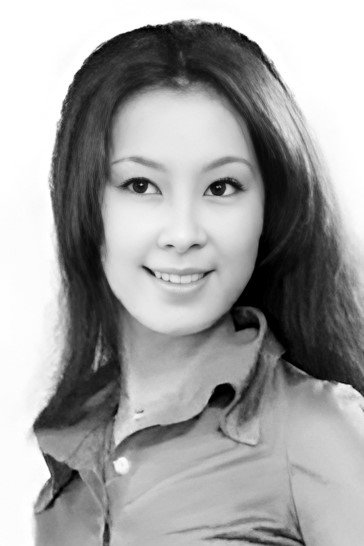
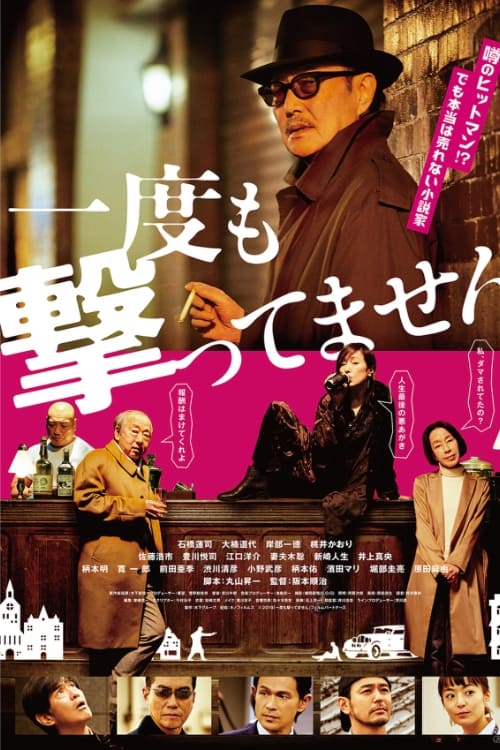
Renji Ishibashi, starring in the movie for the first time in 18 years, plays a hero with two faces, a dull novelist and a legendary killer. Susumu Ichikawa, an obsolete writer with no manuscript at all, had another face - a legendary hitman. But the truth of the matter is... he had never shot a person. One day, he receives a murder request from a friend. Seeing this as an opportunity to achieve the ideal hard-boiled novel, he decides to hire a real hitman and demands that he report to him the assassination situation as it was.
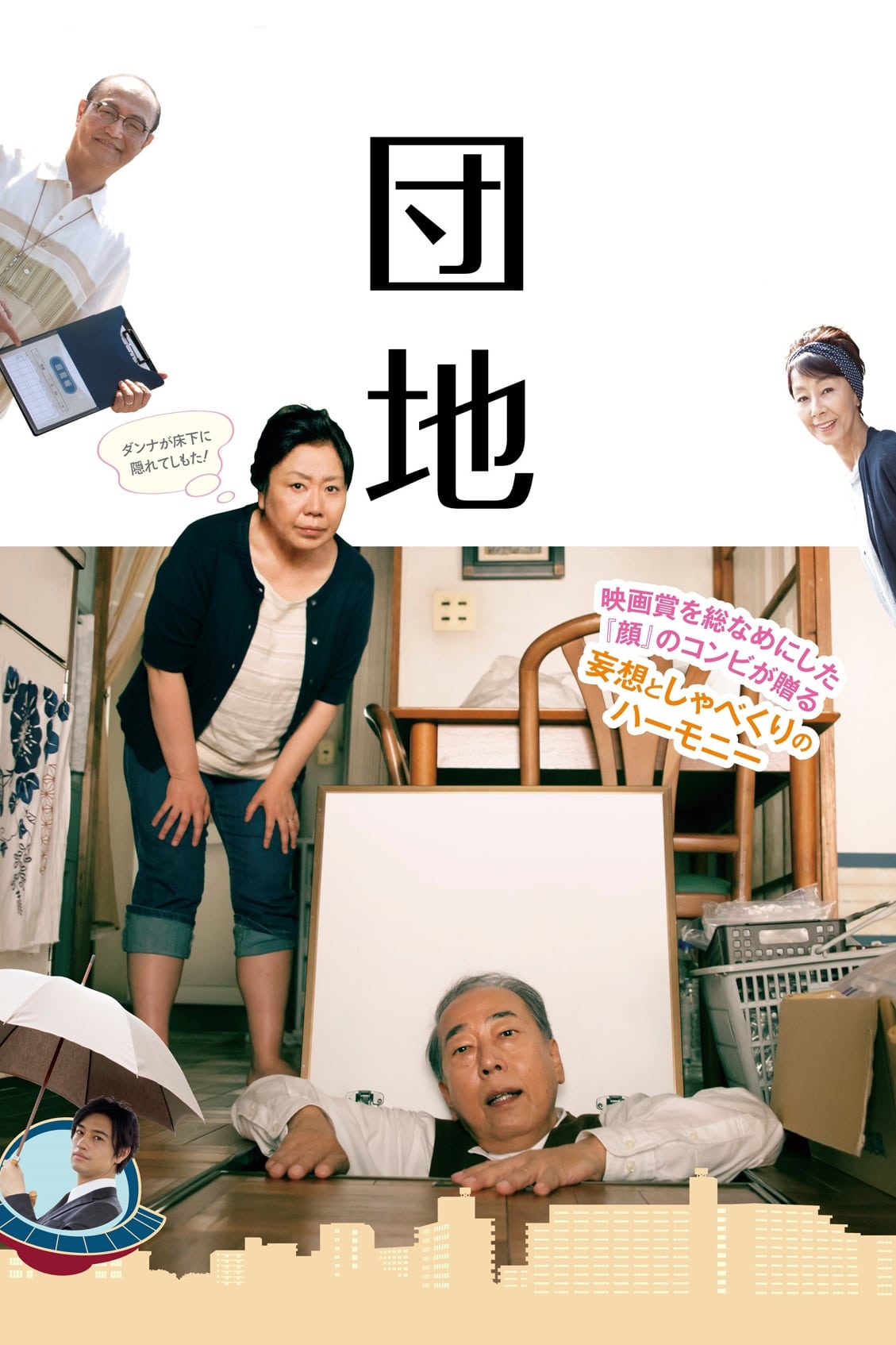
Whether it's someone mixing burnables and recyclables or noise from a neighbor's domestic spat, there's always something occupying the residents of a housing project in the suburbs of Osaka. However Hinako (Naomi Fujiyama) and Seiji (Ittoku Kishibe) couldn't care less. Having moved in just six months ago after the closure of their herbal medicine shop, the old couple is reluctantly putting their life back together. But when Seiji disappears, the apartment rumor mill churns: divorce, murder, dismemberment? As the story spins out of control, and a mysterious man with a parasol puts in a tall order of natural remedies, the truth turns out to be even more fantastic than gossip. Ranging from incisive comedy of errors to absurdist adventure to moving late life romance, "The Projects" is one of the biggest surprises of the year.
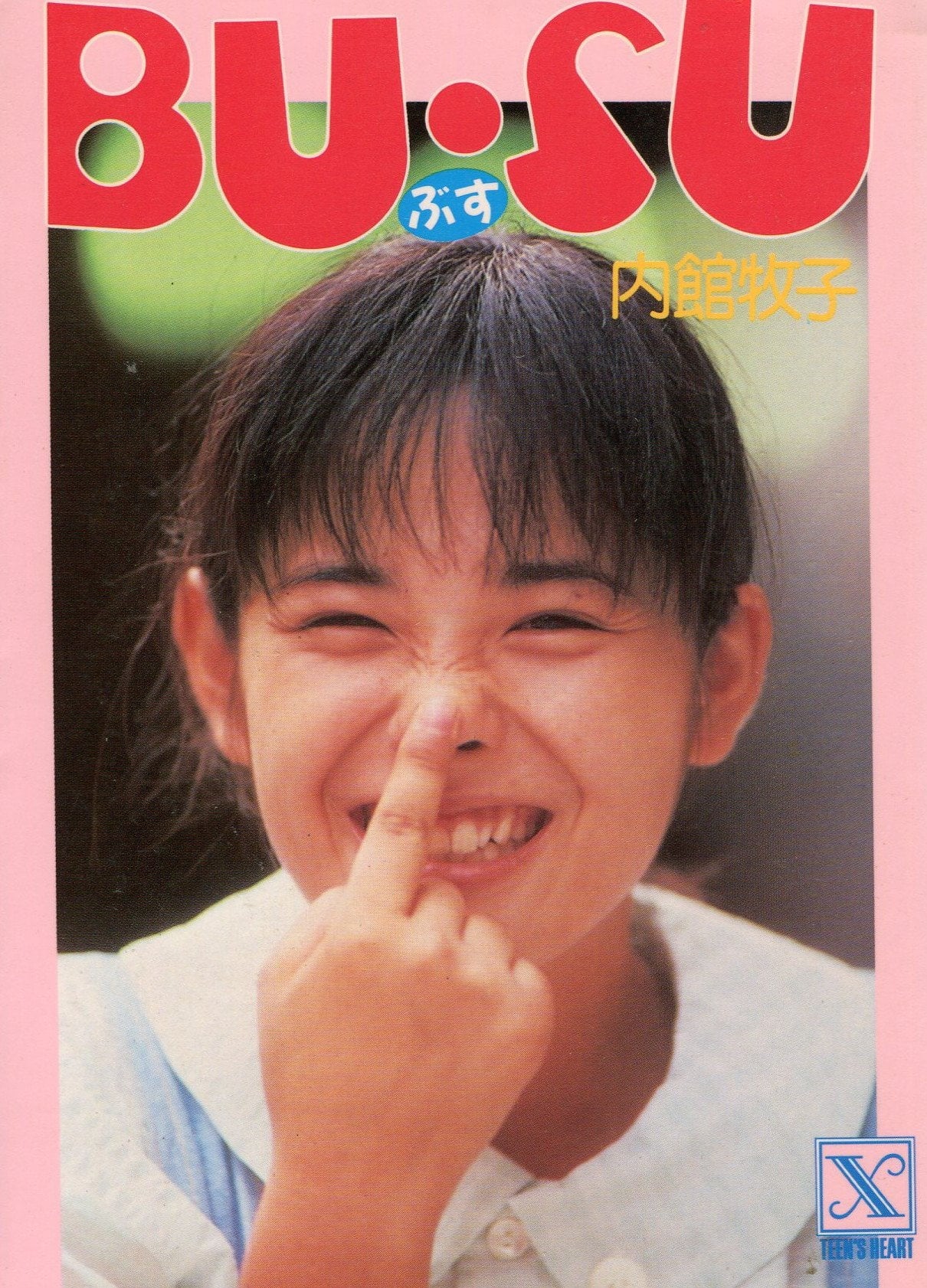
Mugiko, an 18-year-old attempts to escape her unhappiness with village life by going to Tokyo to live and work in the geisha house run by her aunt. The daughter of a once great geisha, Mugiko is entitled by blood to train in the geishas ancient art of classical Japanese song and dance.
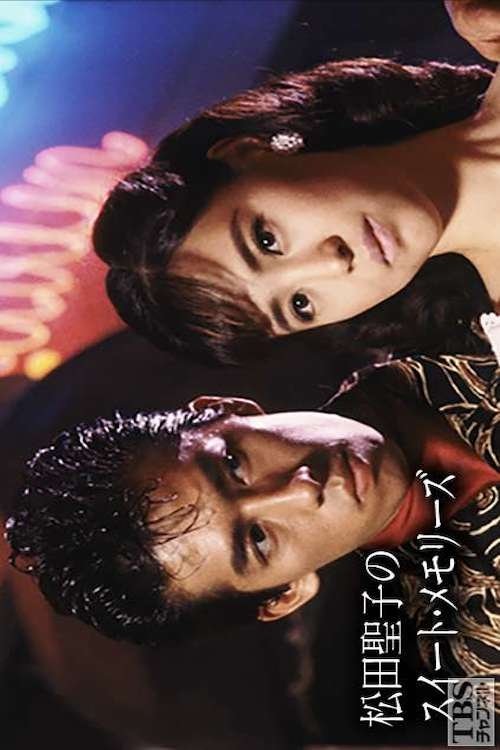
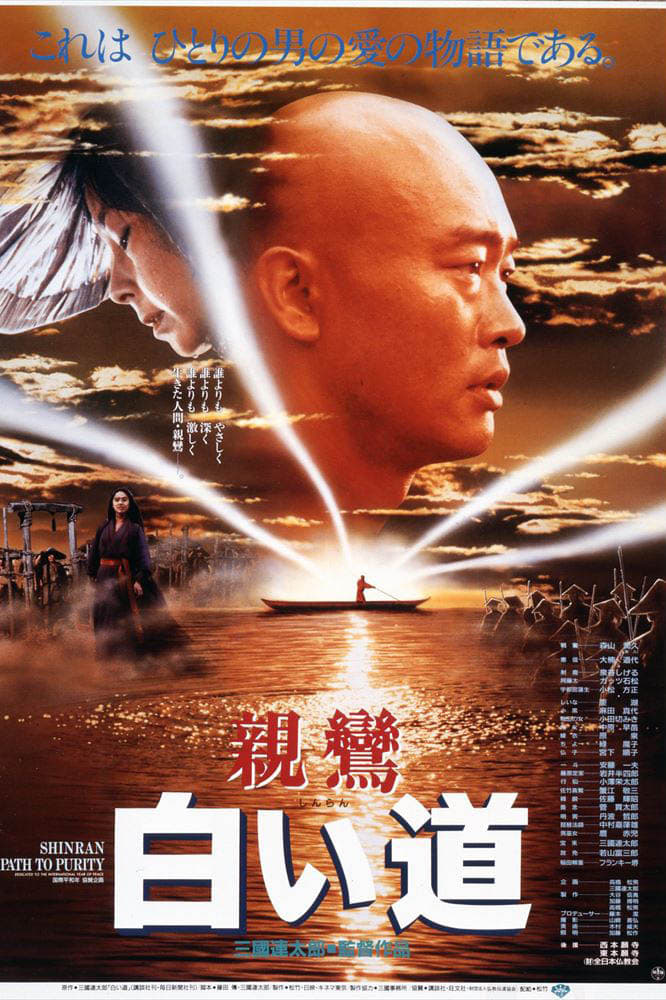
In the 12th century, Buddhism was still a relatively new religion in Japan. At that time, one school (Shingon) offered extensive training in complex and very demanding practices which might eventually bring about spiritual purification and realization. Various Zen schools offered students a lengthy path, literally composed of a blank wall and unceasing meditation. Yet another school (Tendai) emphasized complex metaphysics and the study of philosophical systems. Basically, all of them were designed to cater to the few who were able to give up everything else in their lives and focus on liberation, such as scholars and noblemen. In this historical and biographical drama, this is the situation that the young Shinran (1173-1263) discovered when he began exploring Buddhism as an alternative to the violence and ceaseless civil wars that racked Japan at the time.
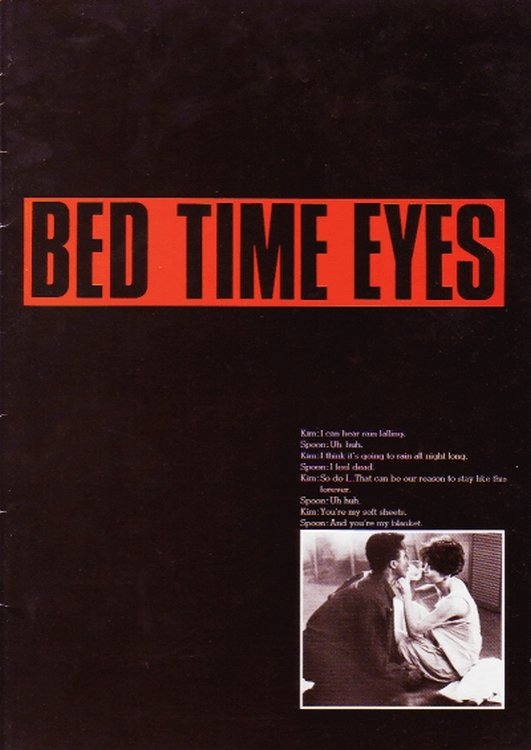
Based on a polemic novel by Amy Yamada, Bedtime Eyes is about the intense love relationship between a second rate Japanese jazz singer and a black American GI on the margins of the law.
Michiyo Okusu (大楠 道代, Ōkusu Michiyo, born February 27, 1946) is a Chinese-born Japanese actress. She has been nominated for four Japanese Academy Awards, and won the 1981 Outstanding Performance by an Actress in a Supporting Role prize for her performance in Zigeunerweisen. She began her career as a film ingenue using the stage name Michiyo Yasuda, under which she scored major early successes with films such as A Fool's Love and numerous love stories and "samurai" period piece dramas. From Wikipedia, the free encyclopedia
By browsing this website, you accept our cookies policy.